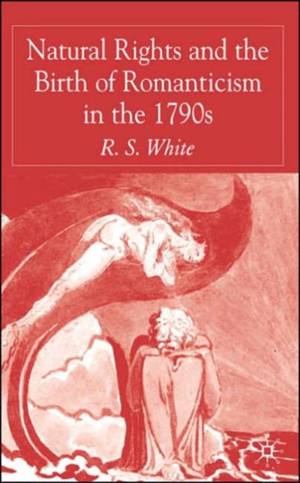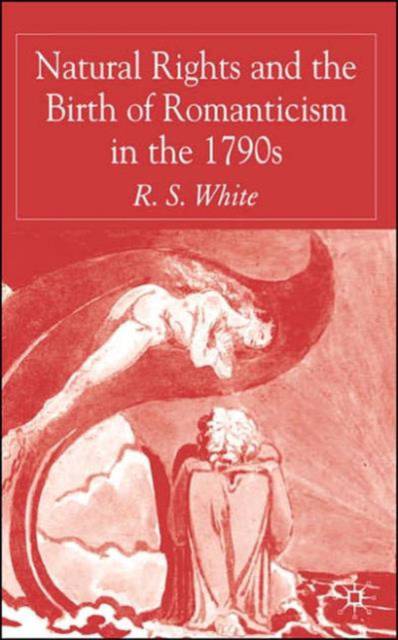
- Afhalen na 1 uur in een winkel met voorraad
- Gratis thuislevering in België vanaf € 30
- Ruim aanbod met 7 miljoen producten
- Afhalen na 1 uur in een winkel met voorraad
- Gratis thuislevering in België vanaf € 30
- Ruim aanbod met 7 miljoen producten
Zoeken
€ 83,95
+ 167 punten
Uitvoering
Omschrijving
Following the American War of Independence and the French Revolution, ideas of the 'Natural Rights of Man' (later distinguished into particular issues like rights of association, rights of women, slaves, children and animals) were publicly debated in England. Literary figures like Wollstonecraft, Godwin, Thelwall, Blake and Wordsworth reflected these struggles in their poetry and fiction. With the seminal influences of John Locke and Rousseau, these and many other writers laid for high Romantic Literature foundations that were not so much aesthetic as moral and political. This new study by R.S. White provides a reinterpretation of the Enlightenment as it is currently understood.
Specificaties
Betrokkenen
- Auteur(s):
- Uitgeverij:
Inhoud
- Aantal bladzijden:
- 277
- Taal:
- Engels
Eigenschappen
- Productcode (EAN):
- 9781403994783
- Verschijningsdatum:
- 22/11/2005
- Uitvoering:
- Hardcover
- Formaat:
- Genaaid
- Afmetingen:
- 153 mm x 224 mm
- Gewicht:
- 458 g

Alleen bij Standaard Boekhandel
+ 167 punten op je klantenkaart van Standaard Boekhandel
Beoordelingen
We publiceren alleen reviews die voldoen aan de voorwaarden voor reviews. Bekijk onze voorwaarden voor reviews.











